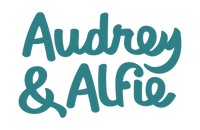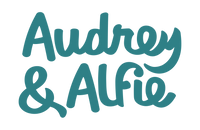
Starting solids can be a really exciting time for many parents. But it also comes with a whole new learning curve, for both parents and babies.
Understanding the basics before you start, can make the whole process smoother and more enjoyable for everyone.
We’ve included our 5 top tips for starting solids below.
For more information of each of these (and other useful info!) read our full Guide to Starting Solids: what, how & when.
7 summary tips:
- There is no single age at which all babies are ready to start solids. The right time for your baby is when they are showing signs of readiness and reach the minimum age for the style of weaning you plan to use (more info below). For most babies, this occurs around 6 months of age.
- Both traditional (spoon feeding) and baby-led weaning methods are popular in Australia. You don’t have to choose one particular weaning method to use with your baby. It is absolutely fine to use a combination of both, or alternate depending on your baby’s preferences as they grow.
- Offering foods of different tastes and textures (as appropriate) is a good idea regardless of the weaning method you use. Introducing your baby to a broad range of foods early on, and maintaining this through their first few years of life, can help with food acceptance and the development of healthy eating behaviours as they grow.
- Texture-appropriate iron-rich foods are the best place to start when introducing solids to your baby. Iron-rich foods include iron-fortified infant cereals, well cooked meat, chicken or fish, cooked tofu or eggs (ensure the yolk cooked through). You can add some vegetables or fruit to your iron-rich foods to help your baby explore different tastes and textures.
- It is recommended that the top 10 allergen foods be introduced one at a time, from early on in babys’ solids journey. Introducing these one at a time will help you identify any allergens quickly, if a reaction occurs. Introducing these early and often can help to prevent food allergies occurring later in life. If your child is at high risk of allergies, we encourage you to consult your GP prior to commencing your solid introduction journey.
- There are some foods that you should not give to your baby, either because they pose a choking risk (for example, foods that are hard/firm, round or slippery, etc.) or because they are not good for babies health and wellbeing (i.e. honey, high salt or sugar foods, etc.). Equipping yourself with this knowledge is important to maintain their health and safety through the weaning process. You can read more about these in the full blog.
- Babies can have cooled, boiled water to drink from a cup at mealtimes from 6 months of age. Their main milk feeds (breast or forumla milk) should continue until at least 12 months, as these continue to provide vital nutrition during this time.


Comments (0)
Back to Starting Solids